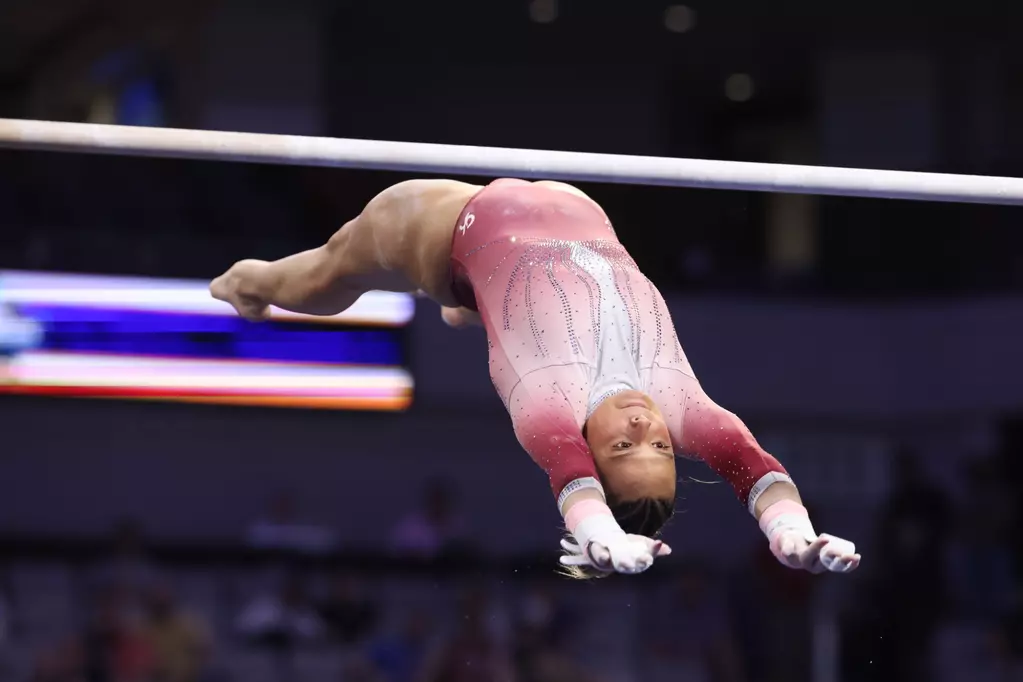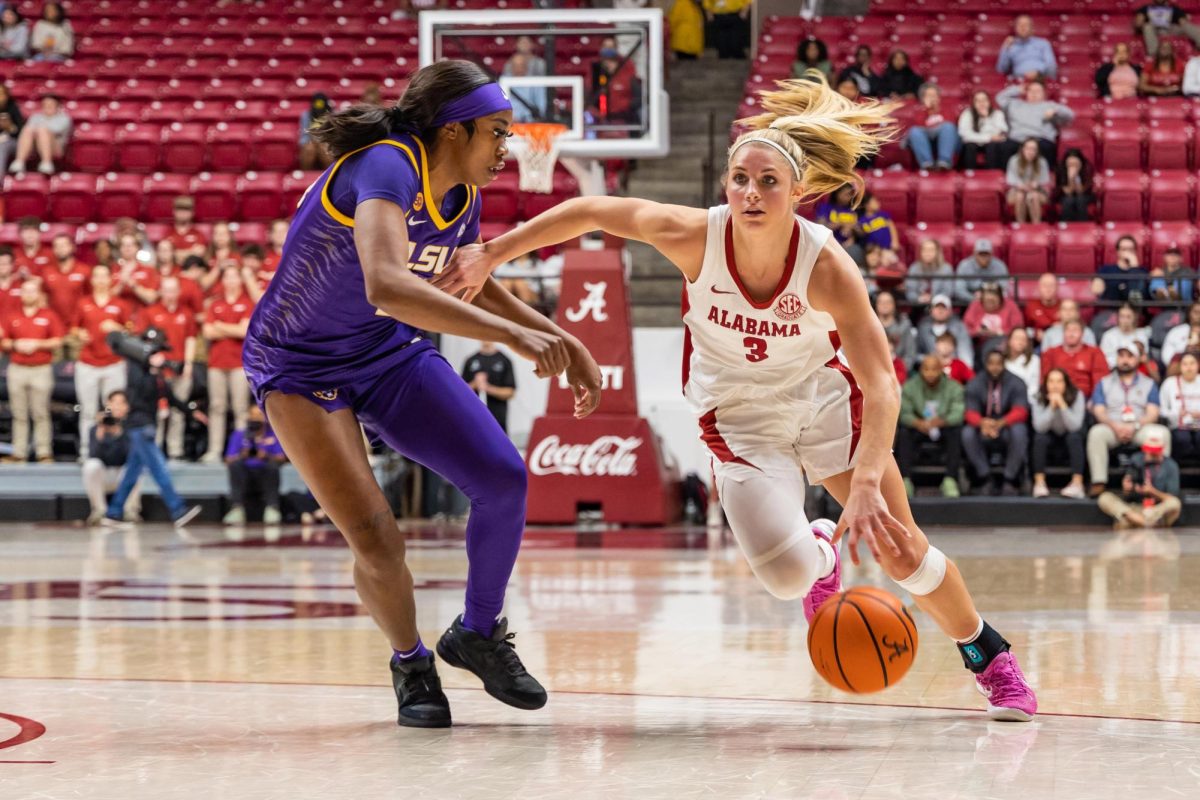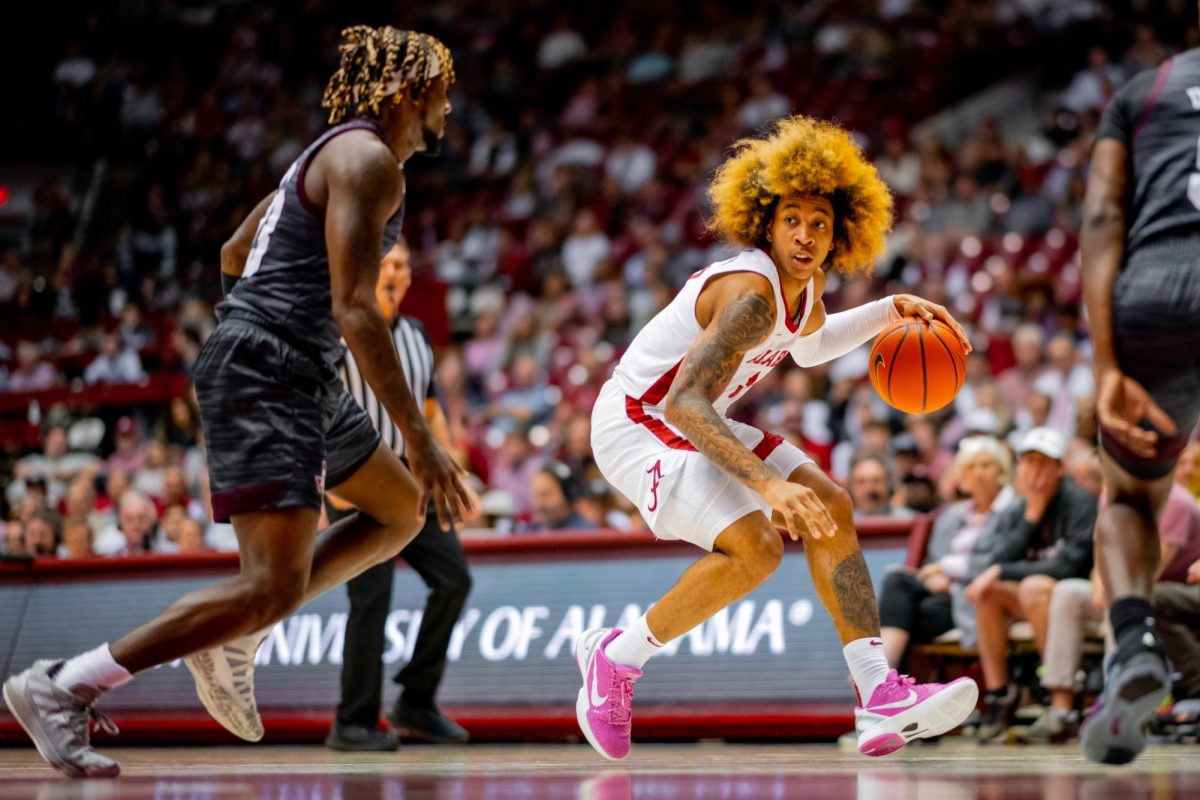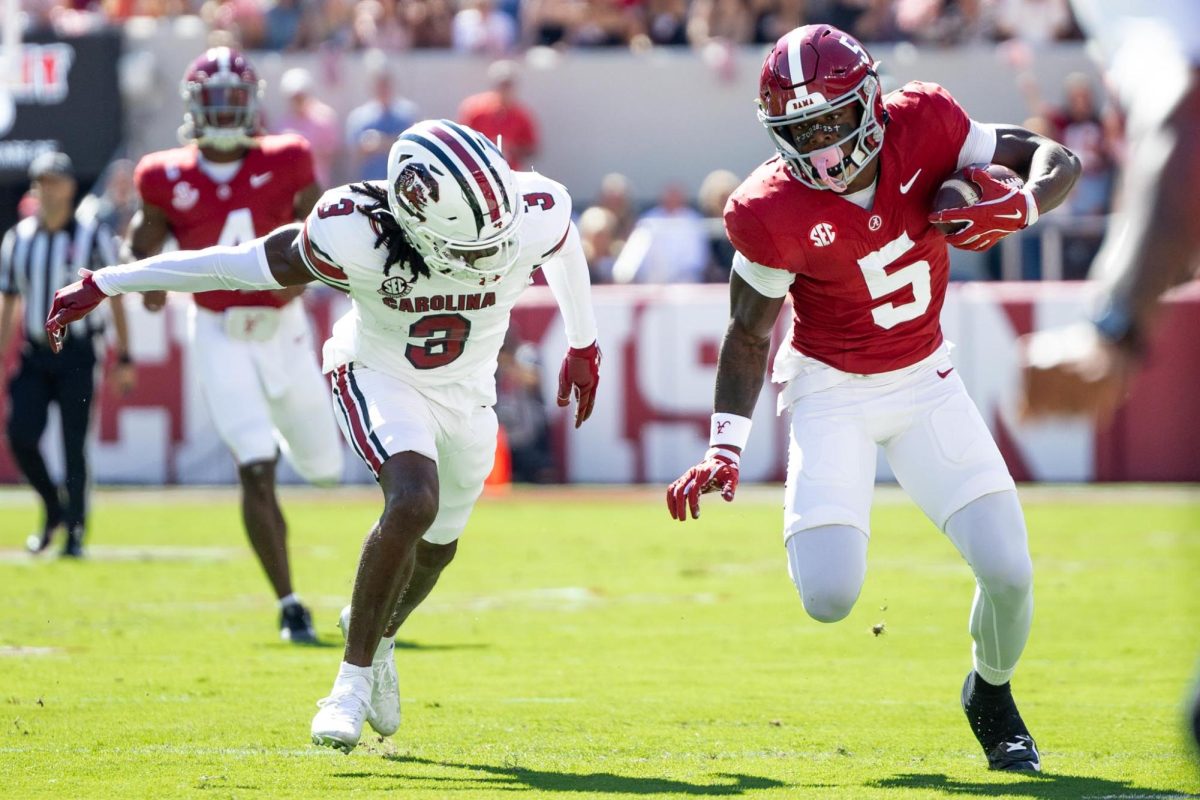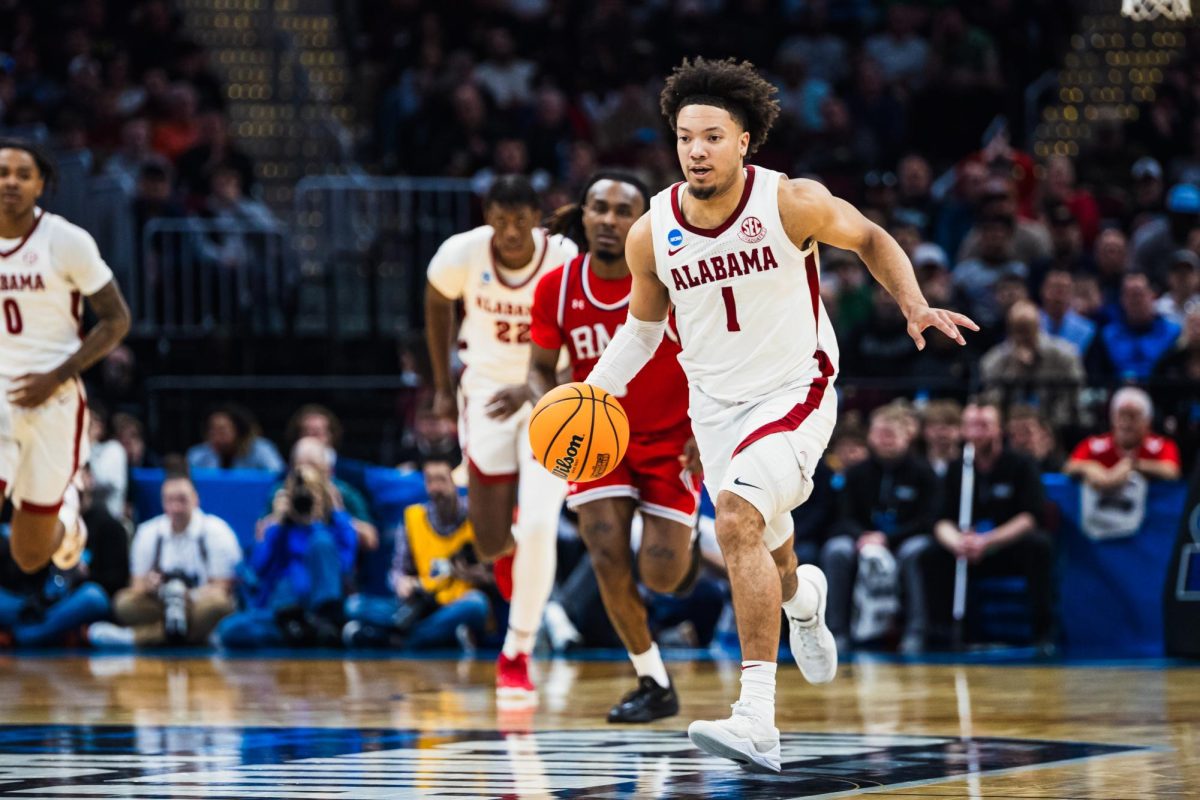Historically speaking, Alabama-LSU isn’t much of a rivalry. Alabama leads the all-time series 49-25-5, including an 11-game undefeated streak by Alabama from 1971 to 1981. For the most part, the two teams haven’t been good at the same time and have been too separated for a natural rivalry to develop – until recently, anyway.
Since Nick Saban has taken over at Alabama, the series has been split 6-3 with an average margin of victory of nine points and three trips to overtime. While both schools have been the top two contenders for the SEC West titles, Alabama has edged Nick Saban’s former school in a number of historic games over the years – but at what cost?
The Saban Bowl began in 2007 with the No. 17 Crimson Tide hosting the No. 3 LSU Tigers. Alabama looked likely to get the upset, with the ball in a tie game with 1:26 to go, until quarterback John Parker Wilson fumbled the ball on his own 4-yard line – sound familiar? The Tigers scored two plays later and Alabama fell in an emotional bout. The next week, Alabama, 6-3 at the time, lost to Mississippi State 17-12 the next week in one of its worst offensive performances of the season. The Crimson Tide would lose out, finishing 7-6 after an Independence Bowl victory.
The next season, with the Saban era in full-swing, the then-No. 1 Crimson Tide had its revenge, beating the No. 15 Tigers on a Wilson overtime dive. The next weekend, Alabama dominated Mississippi State at home, starting slow on offense but eventually finishing with 364 yards, 10 yards over its season average. The offense took a while to get rolling, but once it did, the slump didn’t seem to apply.
In 2009, No. 3 Alabama clinched its second consecutive SEC West Championship by beating the No. 9 Tigers in Tuscaloosa behind a 144-yard performance by running back Mark Ingram. The next weekend in Starkville, the Crimson Tide once again failed to get on the board in the first quarter but cruised to a 31-3 victory, dwarfing its season averages on both sides of the ball. Alabama would go on to finish the season undefeated and win the national championship.
2010 was a down year for the Crimson Tide, finishing 10-3 on the season, including a loss to LSU in Baton Rouge. Plagued by turnovers, No. 6 Alabama lost to No. 12 LSU 24-21. Against the Bulldogs the next week, Alabama put up 452 yards of offense and conceded 299 – a season average performance.
The 2011 “Game of the Century” is one Alabama fans would like to forget, so let’s skim over it. Alabama lost because of missed field goals and a blown catch on the goal line. After one of the most heartbreaking losses in Alabama history, one would expect to see the historic LSU hangover. Instead, Alabama went to Mississippi State and won 24-7, falling below average on offense but putting in a dominant defensive performance. Alabama got its revenge in the BCS Championship Game over LSU that season.
The next season, 2012, is the one most will point to as the prime example of the supposed LSU slump. “The Rally in Death Valley” was certainly one of the most emotional wins in the series’ history, with T.J. Yeldon carrying a 28-yard screen pass to the house for the game-winning touchdown with only seconds remaining. The next week, against Johnny Manziel and Texas A&M, Alabama’s defense conceded 418 yards to a team that averaged 558 yards per game – a bad defensive performance by a team that conceded only 250 yards per game, but it was against a phenomenal offensive team. It’s possible this is indicative of the slump, but more likely Texas A&M was an offensive juggernaut for which Alabama was unprepared.
Finally, 2013: Alabama dominated LSU in a victory so emotional Saban leapt into quarterback AJ McCarron’s arms after the game. Against Mississippi State the next weekend – if the slump hypothesis is true – we would expect to see a dramatic dip in performance. On offense, Alabama was again slow-going but accumulated 383 yards of offense, 72 yards below its season average. On defense, however, Alabama allowed only 197 yards, 89 yards better than its average.
Popular opinion holds that Alabama fans should be wary of the first game after LSU every season, but evidence shows Alabama fans shouldn’t put much stock in that theory. Worry about the No. 1 team in the country coming to play, not an emotional drop off.



